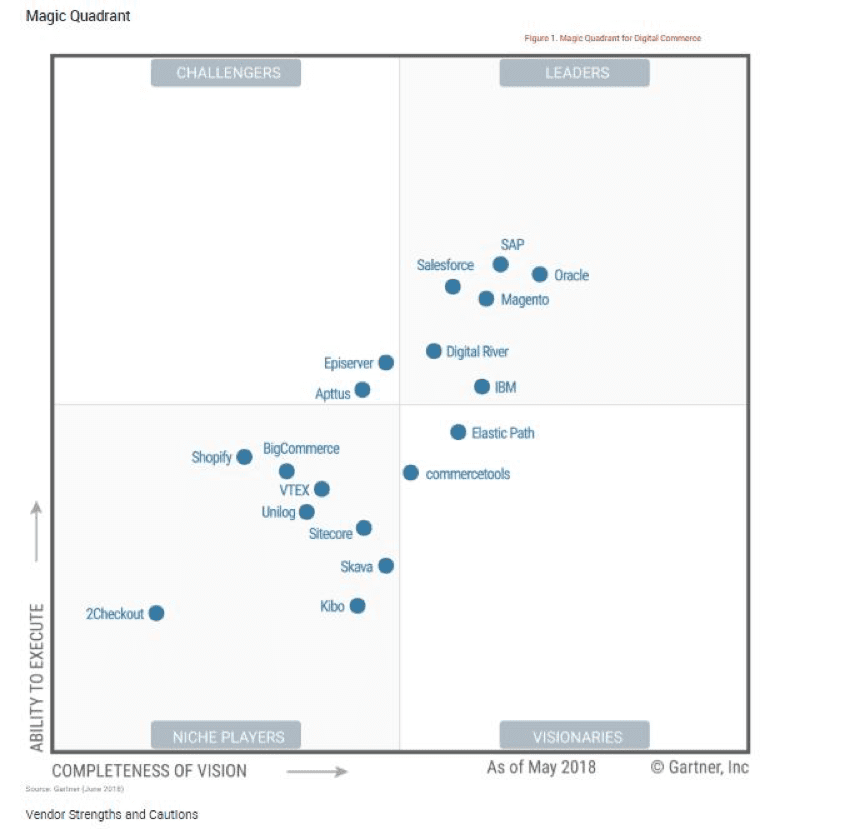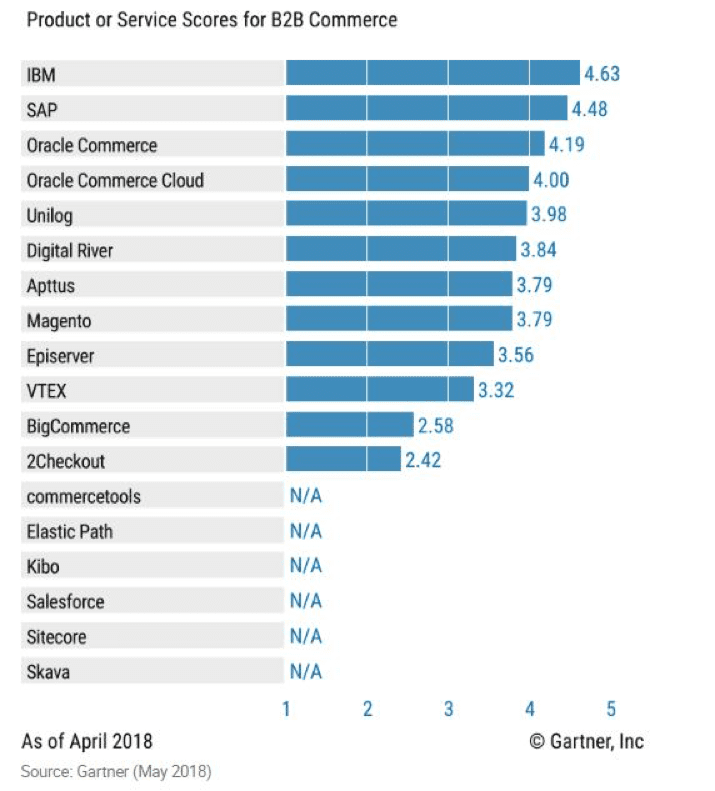
At the recent Marketplace and Platform Summit by Mirakl in Paris held in June 2018, Adrien Nussenbaum, Mirakl CEO had one core message for commerce operators: “Platform your business”.
 He went on to envision a marketplace scenario where commerce operators actively enable other businesses to do business on their platform. Over the course of his presentation, Adrien showcased Airbnb (with its hosts in 65,000 cities), Coursera (with its 28 million learners), Kickstarter ($3.7 billion investment in 150k projects) and Upworthy (with its 14 million freelancers).
He went on to envision a marketplace scenario where commerce operators actively enable other businesses to do business on their platform. Over the course of his presentation, Adrien showcased Airbnb (with its hosts in 65,000 cities), Coursera (with its 28 million learners), Kickstarter ($3.7 billion investment in 150k projects) and Upworthy (with its 14 million freelancers).
The most noteworthy story was that of Australian retailer Catch, which added a Mirakl marketplace and grew it from $0 to $120 million in sales in the first year. The Catch success story is exactly why Mr. Nussenbaum was evangelizing the business-as-a-platform concept.
Gartner Sees Beyond the Traditional Ecommerce Model
 Gartner recently released their 2018 Magic Quadrant for Digital Commerce defines digital commerce as the buying and selling of goods and services using the internet, mobile networks and commerce infrastructure. The report states that the critical capabilities for leading digital commerce platforms are flexibility, modularity, and agility.
Gartner recently released their 2018 Magic Quadrant for Digital Commerce defines digital commerce as the buying and selling of goods and services using the internet, mobile networks and commerce infrastructure. The report states that the critical capabilities for leading digital commerce platforms are flexibility, modularity, and agility.
This report places Oracle as a leader on its 2018 Magic Quadrant for Digital Commerce, largely on the advances made with their Oracle Commerce Cloud platform and the continued stability of their on-premise Oracle Commerce platform. Magento advanced into more of a leadership position as their Magento Commerce and Cloud offerings continue to go up-market, and Salesforce fell slightly behind their prior position, even with the acquisition of CloudCraze. Adobe’s acquisition of Magento, which was not factored in this report, is expected to have an impact on future rankings. One interesting note is that the Gartner report highlights the growing importance of marketplaces in the markets beyond 2020.
3 key findings from the Gartner Magic Quadrant report for Digital Commerce:
 1) The first is that modularity and API-based (application programming interface) solutions are coming into their own. Commerce platform vendors are now focusing on API-based commerce platforms, reflecting the relevance of flexibility and modularity in commerce solutions. New vendors are solely focused on this approach while existing platforms have added APIs for modular implementations.
1) The first is that modularity and API-based (application programming interface) solutions are coming into their own. Commerce platform vendors are now focusing on API-based commerce platforms, reflecting the relevance of flexibility and modularity in commerce solutions. New vendors are solely focused on this approach while existing platforms have added APIs for modular implementations.
2) The second is that ecosystems are becoming the norm of the day. Commerce platform vendors across board are continuing to broaden their portfolio of accompanying products. The report observes that these ecosystems are being built with the acquisitions and development investments in areas such as web content management (WCM), distributed order management (DOM), analytics, and investments in functionality specific to B2B commerce.
3) Industry verticals are expanding to brace for this change. Digital commerce initiatives are now becoming transformational projects for the automotive, healthcare, financial services and telecommunications, outside of industries such as retail and manufacturing.
Two market projections stand out:
1) By 2020, more than 50% of online sellers will either list their products on marketplaces or sell third party products on their core commerce sites.
2) By 2022, 10% of the organizations running digital commerce will build that into a platform business to transform into digital businesses, and 60% of those will use an open ecosystem to scale the growth.
These projections echo what we see with every recent earnings report from Amazon and Walmart, where much of the positive ecommerce news centers around their respective marketplaces. Platforming their business model is clearly paying off for the world’s commerce leaders.
Closing Thoughts
At McFadyen Digital, we believe that the Online Marketplace model is the future of Ecommerce and that the platform concept is the future of business. Marketplaces empower the commerce operator with control over the entire Ecommerce process, using a marketplace platform to turn a business into it’s own type of platform. Leveraging existing technology and infrastructure while deciding what 3rd party products are offered, and how transactions and communications take place at all times, is an appealing concept. Organizations adopting this model offer customers the exact service levels on their marketplace that they deliver in their regular online store, but with “endless aisle” selection.
When it comes to capitalizing on this future model of ecommerce, you need a qualified implementation partner like McFadyen Digital to help you get there. McFadyen’s marketplace solution can help you quickly deploy a robust marketplace with an increased catalog, better customer insights, and easy drop-shipping /fulfilment by third parties.
If you would like to learn more about McFadyen’s marketplace solution, write to us at engage@mcfadyen.com or connect with us on Twitter @McFadyenDigital.
Related Articles
Turn Insight Into Impact.
Start Today.




